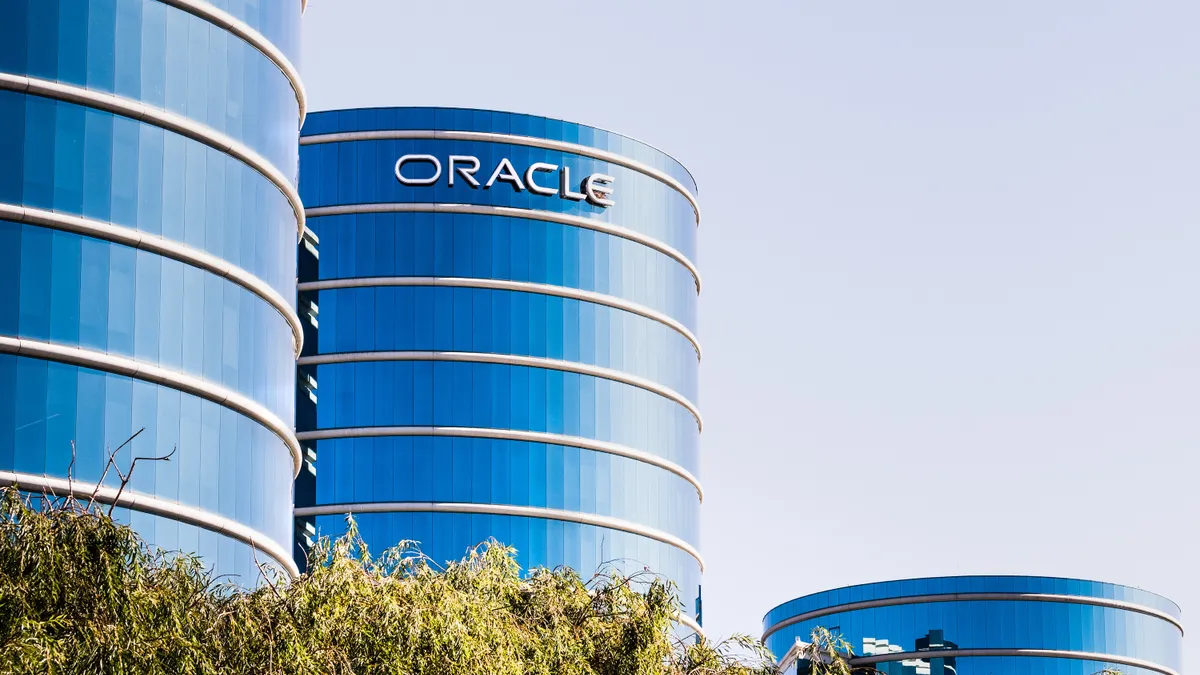When Eimear Marrinan joined global tech company HubSpot as its director of culture in May 2020, the world was still massively in flux, with businesses adjusting to remote work and lacking any clear understanding of when the pandemic might wind down. As with so many other organizations, HubSpot employees had to balance work with caregiving, the stress of the pandemic and other major world events.
So it was no surprise when a quarterly pulse survey showed employees were burned out, Marrinan said. That year, HubSpot began experimenting with regional Global Days of Rest, providing workers a dedicated day off. In 2021, the company expanded the offering to a Global Week of Rest, made it permanent and added the initiative to its benefits package.
HubSpot recently enjoyed its second Global Week of Rest, which took place July 4 through July 8. The majority of employees in the 12 countries in which the company operates — in North America, South America, Europe and Asia — largely shut down their laptops and checked out of work.
But with more than 143,000 customers, how does HubSpot power down for an entire week? The company developed a strategic approach that includes keeping customers apprised of plans and staffing up for urgent needs, Marrinan told HR Dive.
HubSpot begins communicating with customers five months ahead of time, Marrinan said, to ensure they won’t be blindsided. But the company prepares customers in other ways, too. It beefs up a range of “self-service materials” that customers can access on their own in the absence of staff.
For customer emergencies and queries that require employee attention, HubSpot keeps a small skeleton crew on hand that week. Employees volunteer to work with an understanding that their time off will follow. “We make sure that the folks that are working that week get their week off at a different time during the summer, at a time that suits them,” Marrinan said, “which is really important.”
The Global Week of Rest is part of a larger HR initiative, “HubSpot Unplugged.” Introduced in 2021, the initiative uses a “5-R” framework — rest, recharge, reboard, resilience, and root cause — to “combat burnout at the source,” according to Marrinan. Other elements include “no internal meeting Fridays,” supportive resources to help managers create balance for their teams and workshops that help employees develop a sustainable approach to work.
The initiative is part of a broader cultural commitment to flexibility and listening to employees, Marrinan said. “Giving a week off is not enough,” she added.
To ensure employees don’t overwhelm themselves with work the week before and after the rest week — thereby negating its benefits — HubSpot prioritizes workforce planning, Marrinan said. Much of this planning involves being intentional and realistic about what’s accomplishable alongside the goals and values the company is balancing.
“A big priority for us is to make sure that we have the right people and the right kind of head count to think through our priorities, and also get really clear on what our expectations are,” Marrinan said: “What our missions are — what are we going to do, what are we not going to do and we really kind of formalize that.” A lot of it comes down to “protecting our ‘yes’ by saying ‘no,’” she noted.
In addition to the Global Week of Rest, HubSpot has an open vacation policy, which leaders encourage employees to use by “leading from the front,” Marrinan said. Immediately after the Week of Rest, for example, the CEO, Yamini Rangan, took a couple weeks to travel in Africa. Rangan was very open and vocal about her plans and her enthusiasm for the trip, Marrinan said, helping to normalize vacation use from the top. “It’s important for us to show our teams that it’s completely OK and it should happen — you need to rest and recharge,” she said.
Perhaps surprisingly, some employees were skeptical about the Global Week of Rest when it first rolled out. “I think people thought that it was going to be just a band-aid solution,” Marrinan said. “And I think folks were worried about the reaction from our customers.”
But the feedback following the weeks has been overwhelmingly positive, Marrinan said, recalling an email from an employee who identified herself as a skeptic initially. The employee said she was relieved to return to no Slack messages or emails, and to happy customers who were able to take advantage of the self-service tools HubSpot provided.
“It was like a testament to how well it went,” Marrinan said.





















